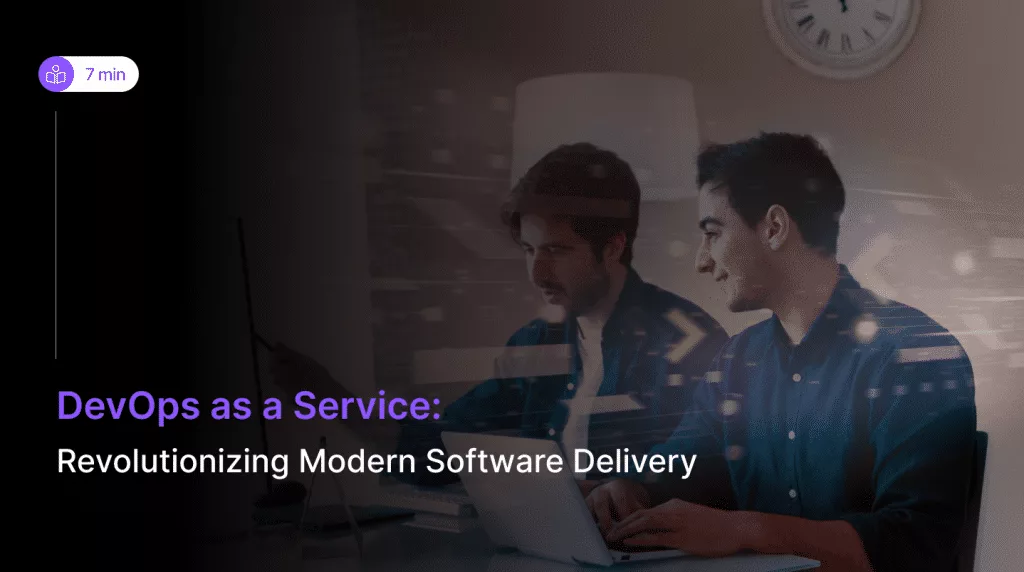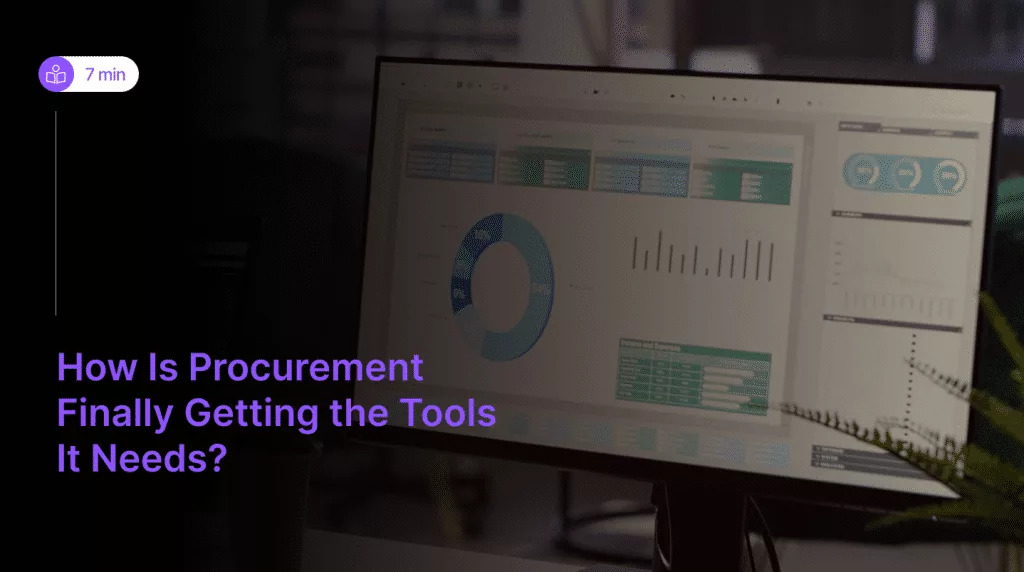In the past few years, technology has evolved to a great extent. Even the ways and needs to handle technology have also evolved along with technology. The last two decades have seen a great shift in software development life cycles.
We have seen a huge demand for online DevOps training & AWS certification. This blog completely focuses on one such approach known as usage of DevOps on AWS, or you can say AWS DevOps. We will provide a detailed explanation for the same.
Understanding the Problem
Faster delivery of software deployment has become the need of the time. To stay competitive in the market, every company expects to deploy the best quality software in a defined timeline. Hence the roles of software developer and system admin is very crucial in the IT sector.
A software developer, or you can say a programmer is responsible for designing and developing the software. He or she creates software with the latest and updated features, security upgrades, and bug fixes. Thus, he can be considered as the father of that software.
But a developer, on the other hand, is like a caretaker who has to wait for the product to get deployed. This waiting time is also known as ‘Time To Market’ in business jargon. So this delay may put pressure on the developer.
This pressure is the re-adjustments or his dependent activities like pending code, the introduction of new products, features, etc. Also, when the product is put into the production environment, it may exhibit some unexpected errors.
The operations team or the system administrator is responsible for maintaining and assuring the uptime of the production environment. As the company invests both time and money in the production of products and services, the number of servers, admins have to take care of the company’s growth.
It gives rise to more challenges. The reason behind these challenges is the lack of tools as fewer servers can be managed with fewer tools, which is not possible with the increased number of servers.
Also, the operations team needs to change the code so that it fits into the production environment. And all these activities overall lead to time delays. In addition, on changing the code, the operations also become responsible for managing minor errors.
This situation increases pressure on the operations team. The whole scenario may depict that the developers have shifted their responsibilities to the operations side. Finally, you come to realize that none of the sides can be held, the culprit.
DevOps is the Solution to the Problem
What if these two teams could work together? What if they could break down silos and share their responsibilities? What if they start thinking alike? Well, this is what DevOps does.
DevOps helps you get software developers and operations in sync to improve the overall productivity of a software company. In other words, DevOps is the process of integrating Developers and Operations teams to improve collaborations and productivity. It is done with the automation of workflows and productivity.
Also, continuous measurement of application performance is necessary. DevOps focuses on the automation of all the activities. It helps the IT team write small chunks of code that can be tested, monitored, and deployed in hours, reducing the deployment time.
DevOps brings the two departments together and helps to provide an accurate, responsive and faster software delivery experience to customers. DevOps Engineers are System Administrators who are responsible for the following organizational tasks:
Application and infrastructure planning
Creating CI/CD pipelines and maintaining them
Monitoring development security
Automating the development process
So this was about DevOps. Let us move ahead to understand AWS and how it forms a crucial pairing with DevOps.
What is AWS and its Correlation with DevOps
Before this decade, the scenario of handling or storing data was different. Companies store data on their private servers. However, with the better usage of the internet, the trend has seen a paradigm shift. Now, the companies are moving their data to the cloud.
It enables companies to focus more on improving their core competencies. As of now, they don’t need to worry about the storage and computation of their data. Let’s make it more clear by understanding an example.
Netflix is a popular video streaming service. Back in 2008, it suffered major database corruption. The services were disrupted for three days. The problem was scaling up. That was when they realized the need for highly reliable, horizontally scalable, distributed systems in the cloud.
And after the introduction of cloud services, their growth has been witnessed by all of us. And in the past two years, just after the pandemic, the subscribers have increased manifold, and Netflix can handle the whole crowd easily.
Since then, every company has started to adopt cloud services. It can be claimed that the cloud is the talk of the town, especially AWS. It is the leading cloud service provider in the market. Let us know more about it in detail.
AWS stands for Amazon Web Services. It is an ‘Amazon.com’ subsidiary that offers cloud-computing services at very affordable rates. Because of this affordability, its customer base from small-scale companies to big enterprises. Even the startups are also in the race of opting for AWS cloud services.
It offers numerous services and products that help in storing, accessing, and editing data. AWS makes it easier to store large volumes of business data online with more security. Now data is no longer stored in physical spaces, saving tons of cost and space.
What is AWS DevOps?
AWS is one of the best cloud service providers, and DevOps is implementing the software development lifecycle. Both are together the need of the hour. The AWS DevOps technology helps companies implement DevOps concepts with the help of various services and tools offered by this cloud platform.
AWS offers a range of flexible services designed to allow organizations to develop and deliver their products faster with the help of AWS and DevOps in a more reliable manner. These features include monitoring applications, managing the infrastructure, deploying the codes, etc.
This technology allows organizations to perform continuous integration and continuous delivery (CI/CD). It helps them to store the source code for applications and record their versions while automatically developing, deploying, and testing the applications on AWS.
Reasons for High Popularity of AWS DevOps
AWS CloudFormation: DevOps teams have to create and release cloud instances more frequently than traditional development teams. AWS CloudFormation enables them to perform this task easily. ‘Templates’ of AWS resources like EC2 instances, ECS containers, and S3 storage buckets let DevOps set up the entire stack without any extra efforts on their part.
AWS EC2: AWS EC2 helps to run containers inside EC2 instances. Hence you can leverage the AWS Security and management features.
AWS CloudWatch: This monitoring tool lets you track every resource that AWS has to offer. Plus, it makes it very easy to use third-party tools for monitoring like Sumo Logic, etc.
Conclusion
Hopefully, you have got an idea of why AWS DevOps is getting so popular. Forany type of AWS DevOps related services you can connect with our AWS experts at
Perimattic.




